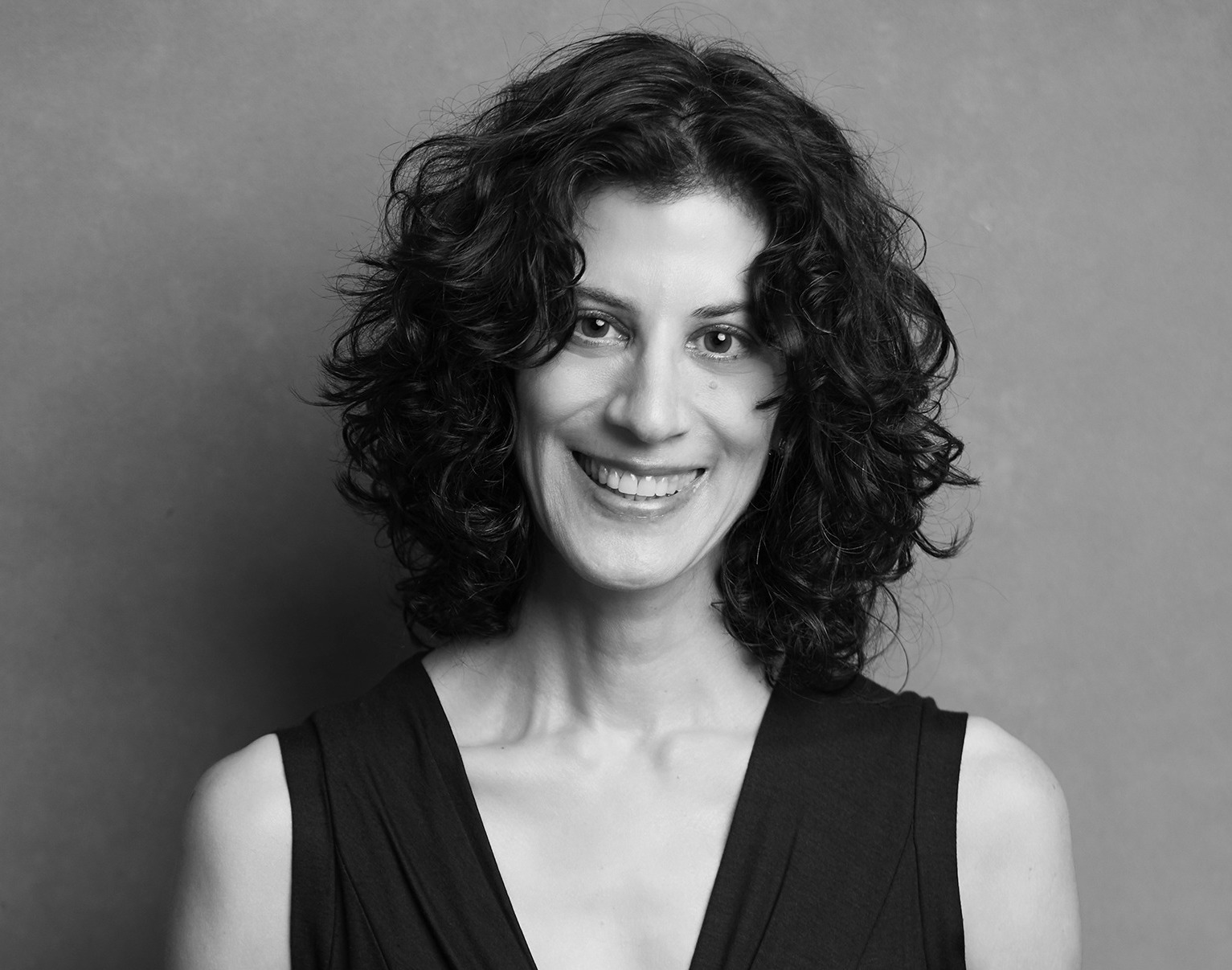Rondeau is what you really want, solo and refrain,
we and each the musical improvisation of the operatic day,
sonic scavenging and comedic jigging inside some Beckett
of one another; oh, wouldn’t it be grand to be a whole note
dragged across the bridge of your singular, sound-expanding
double bow, to be orchestral, to be drunk, to drink the velvet sun
from the arbor trellis; fruit-of-purple grapes we plucked—
bunches of dolce to color our throats and that improvised
word-spun truth I, terrified, say I can’t derive on cue: death,
light, blueprints that fit the choral codes of what music thinks
writing is about. We twisted grape notes so easily off their stems,
screw of death in cupped hands. We follow seductions of light—
You move above and underneath the strings in sea strokes.
One bow was not enough to match the warmth two bows create,
so you invented ways to get more harmony, upper bow and under bow
independent but close, staccato and legato, legato and staccato,
to choose a way to hear the world and harvest sound in it—
curve of bow, curve of earth, curves your eyes interpret as ultraviolet—
Still you want more color, more sound to harvest, more distortion.
Pale-blue resonators you sculpted in local clay, land-in-sky
blue above the land, distort the sound you widened already.
You are looking for a vibration lower than what the lowest string
is tuned to, pitched so low your ear can’t find it—
imagination, lore, solo of magma, baritone of fantasia.
I cannot rogue my syllables and improvise around
temptation ears like yours but love the glut, the secret, the grand
distortions of your polyphonic heart, which believes in ghost tones.
What is true? Grapes chandelier from the arbor
and ripen on the tongue. We jammed the grapes inside a bowl,
so plentiful, and ate their tiny hearts at lunch.
Copyright © 2022 by Diane Mehta. This poem originally appeared in The New Yorker (May 16, 2022). Used with the permission of the author.

